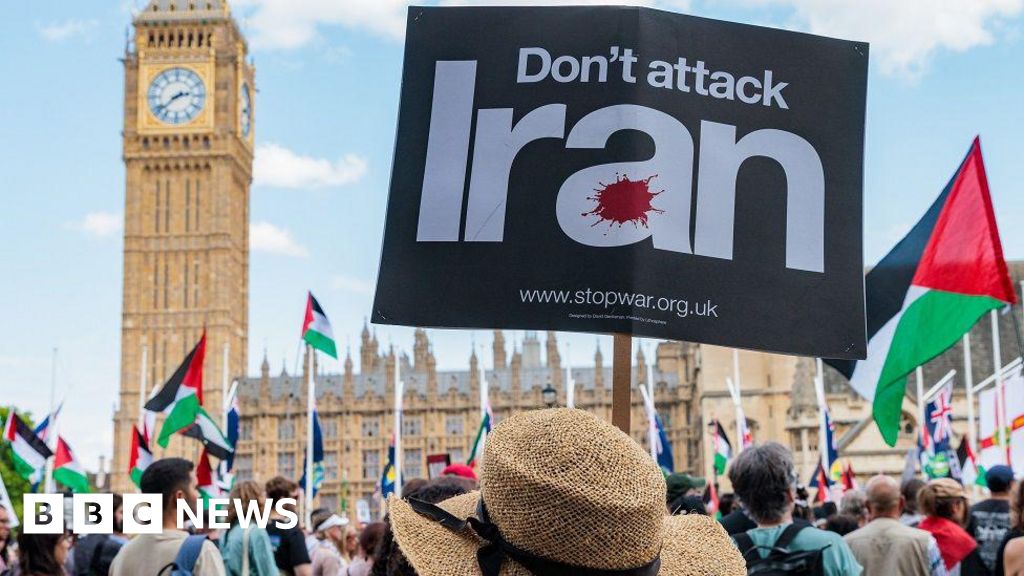Stocks drop after Fed comments as Mideast fears lift crude
Stock markets mostly fell Thursday while oil prices rose as the Israel-Iran conflict added to fears over a renewed spike in inflation that could dent economic growth in major countries.
Investors had already taken a cautious stance after the US Federal Reserve kept its interest rates unchanged and warned Wednesday that President Donald Trump's trade war could reignite inflation and dampen economic growth.
"Equity markets were in the red across Europe and most of Asia," noted Russ Mould, investment director at AJ Bell, adding that investors were "spooked" by the escalating Israel-Iran conflict.
"Oil prices have shot up in recent days and any disruptions to Middle East supplies could put them even higher and stoke inflation," he said.
After gaining more than one percent in Asian trading hours, crude futures fell back but remained higher compared with levels on Wednesday.
As fears grow of direct US participation in the strikes on Iran, analysts said there was a risk that Tehran could shut the Strait of Hormuz, a key shipping lane through which an estimated fifth of global oil supply flows.
"We don't see it as a likely scenario at this time, but... I think everybody should be watching," American Petroleum Institute president Mike Sommers told Bloomberg.
The concerns over potential supply constraints boosted share prices of major energy companies Thursday.
French oil and gas giant TotalEnergies topped the Paris CAC 40 blue-chip index, closing with a gain of 2.1 percent, while British energy group BP advanced 1.4 percent in London.
US stock and bond markets are closed Thursday for the Juneteenth holiday, which commemorates the end of slavery in the United States in 1865.
- 'Highly unpredictable' -
In Europe, several central banks took interest rate decisions on Thursday, warning that the risk of slowing growth was rising even as inflation slows.
The Swiss National Bank cut rates by a quarter point to zero percent, a move aimed at taming the Swiss franc, a haven that has soared against the dollar since Trump launched his tariff onslaught in April.
For many investors that raised the prospect of a return to negative interest rates in Switzerland, to lower the franc but also encourage investment and spending to avert an economic slump.
Despite the rate cut, the franc rose slightly against the dollar after the rate cut.
"There are also significant downside risks to inflation from trade tensions as well as heightened geopolitical uncertainty, which could push up the value of the franc further," said Adrian Prettejohn, an economist at Capital Economics.











